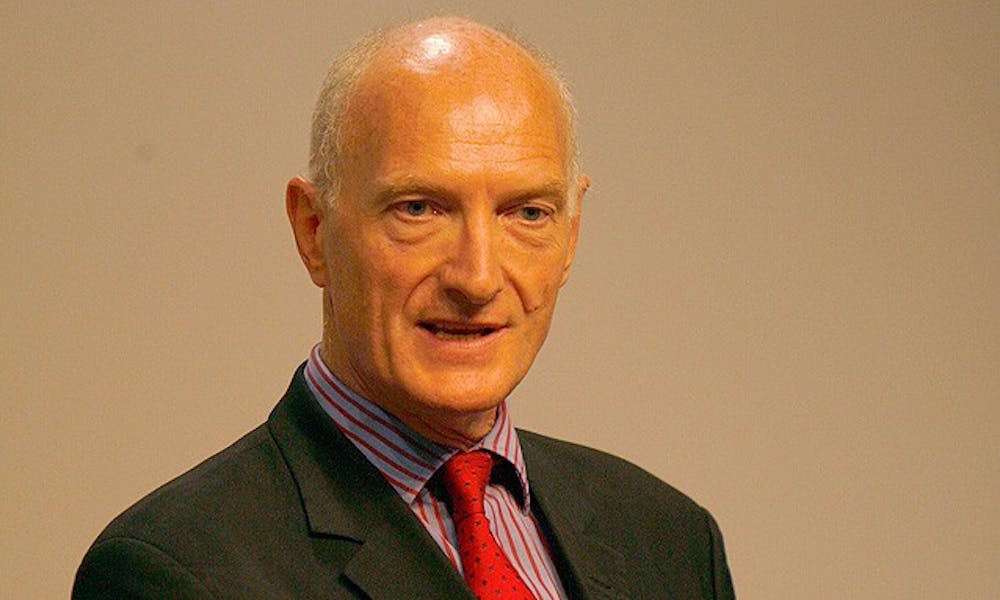A judge from South Africa’s highest court promoted diversity as the backbone for social and legal change.
As the first public official to reveal his HIV-positive status in the country, South African Constitutional Court Justice Edwin Cameron played a significant role in institutionalizing gay, lesbian and bisexual rights post-apartheid. Cameron spoke at Smith Warehouse Tuesday evening about his personal and legal experience as a human rights fighter, as well as the relationship between constitutionalism and diversity in South Africa.
President Nelson Mandela appointed Cameron an acting judge of the High Court of South Africa in 1994, and since 2009 Cameron has served as a justice in the Constitutional Court.
Cameron said his sexual orientation did not play a role in the interview for his 1994 position.
“It was not because I was silent [about being gay], but because... it had become a non-issue,” Cameron said. “To me, that is the way it should be [in politics.]”
As a Rhodes scholar, Cameron studied human rights law in Keble College, Oxford, from 1975 to 1977, when he embarked on his career to fight for constitutional rights of South African citizens.
Cameron called the post-apartheid period an exciting and frightening time of constitutional change, one prompting Cameron to redirect his personal life.
And though Cameron is openly gay, he said this was not always the case, noting a particular incident that inspired him to make a change in his personal life.
Cameron came out as a gay man in the early 1980s during the apartheid as part of his stand against oppression and discrimination of all minority groups in South Africa.
“I was determined never to apologize again,” Cameron said.
In an open discussion with the audience, Cameron noted the value of diversity and recognizing people’s differences as well as similarities—the balance of which leads to a common humanity, he said.
“By celebrating the difference [in people], you are bringing in strength,” he noted.
Cameron said one’s gender orientation, cultural heritage and racial differences can facilitate social progress. He added that it is the mission of the South African court system to protect citizens’ public expressiveness, form of group practices and access to legal rights for all people. Still, South Africa has a long way to go to achieve this end.
Residents of South Africa and Zimbabwe, as well as faculty members and students from the Triangle area, came to hear Cameron speak.
Robin Kirk, program director of the Duke Human Rights Center, said the speech catered specifically to lawyers and scholars, whose notion of the Constitution and their way of interpreting and implementing it is being challenged.
Janie Long, director of Duke’s Center for Lesbian, Gay, Bisexual and Transgender Life, said the speech was thought-provoking.
In an interview after the talk, Cameron said his message extends to the Duke community, particularly the LGBT push for equality.
“It’s ennobling, it’s right and we should celebrate it,” he said.
Correction: An earlier version of this article said that Cameron came out in 1996. Cameron came out in the early 1980s during the apartheid. The Chronicle regrets the error.
Get The Chronicle straight to your inbox
Signup for our weekly newsletter. Cancel at any time.

